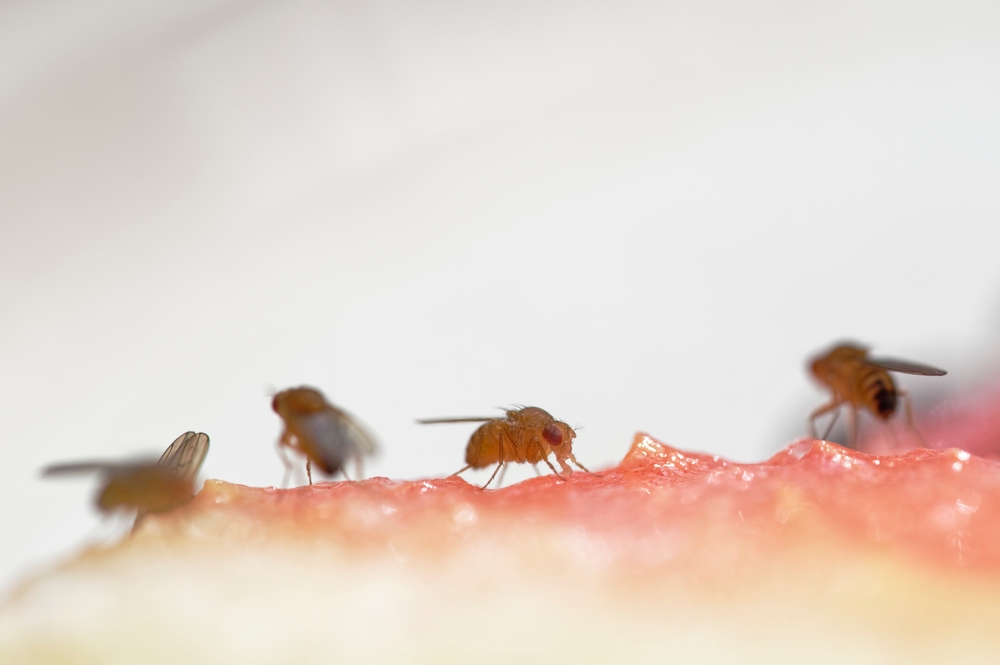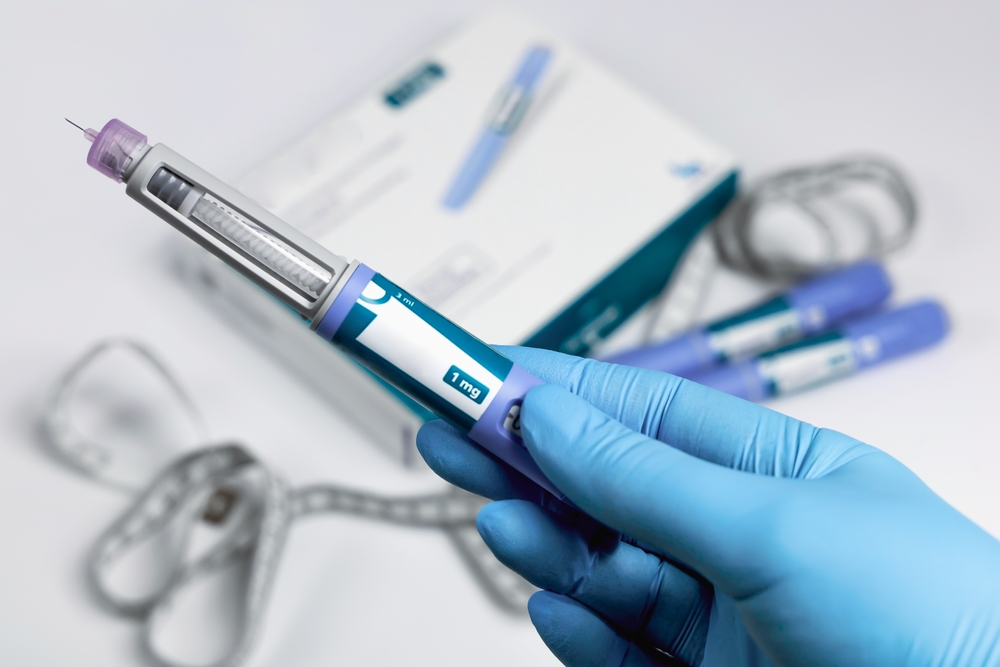Now Reading: Sex-Driven Bacteria in Fruit Flies May Hold Key to Combating Zika and Dengue
-
01
Sex-Driven Bacteria in Fruit Flies May Hold Key to Combating Zika and Dengue
Sex-Driven Bacteria in Fruit Flies May Hold Key to Combating Zika and Dengue

Fast Summary
- Insect-borne diseases like malaria, dengue, and Zika are critically important global health threats delivered by insects. understanding insect physiology is key to managing these pests.
- researchers studied Wolbachia bacteria, a parasitic microorganism found in insects, notably fruit flies and mosquitoes.
- Wolbachia can only be passed through female insects; infected females exhibit increased mating behaviour and lay more eggs to spread the bacteria further.
- The study identified over 170 protein changes in infected fruit fly brains compared to uninfected ones and detected over 700 Wolbachia proteins helping their hosts gain nutritional advantages via amino acid production.
- Prior research indicates that Wolbachia stops viruses like Zika and dengue from proliferating in mosquitoes but implementing these findings effectively remains a challenge due to insufficient understanding of molecular interactions.
Read More: Genetically Modified Mosquitoes May Protect The World From Disease
Indian Opinion Analysis
The research on Wolbachia bacteria exemplifies how scientific advancements could assist India in combating mosquito-borne illnesses such as dengue or malaria-diseases that disproportionately affect developing nations.With rising cases of vector-borne diseases across urbanized regions like India, exploring microbial solutions might bolster public health initiatives. However,the study’s admission regarding limited success reflects the broader challenge: translating intriguing lab discoveries into tangible results for large-scale disease control.
For India specifically, leveraging molecular biology expertise while deeply investing in local research infrastructure will be crucial for applying such bacterial insights toward eradication efforts. Collaborative work between international scientists researching insect physiology could support India’s biomedical sector while aiding agricultural communities indirectly impacted by crop pests. Here lies an intersection between global innovation and local application waiting to be explored.
Read More: Dengue Fever Is on The Rise – A Ticking Time Bomb

























